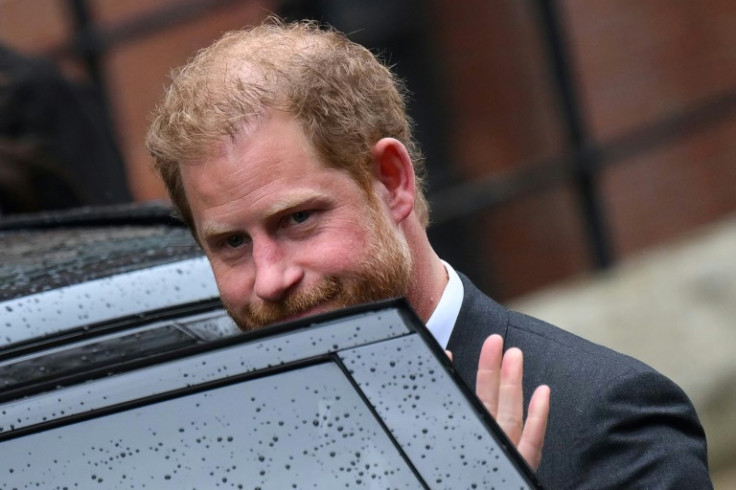Prince Harry Loses Legal Bid To Pay For Police Protection In UK After Judicial Review Request Was Denied

KEY POINTS
- A judge denied a bid by Harry to review the decision not to allow him to pay for his own police protection
- The U.K. Home Office opposed the idea of allowing wealthy people to "buy" security from the country's police
- A lawyer said it would be unreasonable to expose officers to dangers because of payments from a private individual
Prince Harry lost a legal challenge seeking the right to be allowed to personally pay for police protection for himself and his family while in his home country, London's High Court ruled.
On Tuesday, the judge, Mr. Justice Chamberlain, ruled to refuse permission for a judicial review of the decision not to allow the Duke of Sussex to pay for police protection out of his own funds after a one-day court hearing in London last week, the BBC reported.
Prince Harry, who lost his taxpayer-funded police security when he and his wife Meghan Markle stepped back from royal duties in 2020, had challenged how the decision was reached by the Executive Committee for the Protection of Royalty and Public Figures, or Ravec, which covers security for high-profile figures, including the British royal family.
"Ravec has exceeded its authority, its power, because it doesn't have the power to make this decision in the first place," Prince Harry's lawyers had told the court.
But the U.K. Home Office argued that the type of protection Prince Harry wanted to pay for, which could mean "specialist officers as bodyguards," was not the same as funding for extra policing for soccer matches.
A lawyer for the U.K.'s Metropolitan Police argued that it would be unreasonable to expose the officers to danger due to a "payment of a fee by a private individual."
The Home Office's legal team said the Ravec committee unanimously rejected Prince Harry's offer to pay for security as a matter of policy, opposing the idea that a "wealthy person should be permitted to 'buy' protective security."
The Home Office added that there was no requirement for Ravec to allow Prince Harry to make representations to them and doing so would not make a difference in its decision.
"Given the nature of the arguments now advanced by the claimant, the court can be confident that such representations would have been highly likely to have made no substantial difference in any event," the lawyers representing the Home Office told the court.
People reported that the second part of Prince Harry's claim against the Home Office, which centers around a July 2022 hearing, is yet to be heard in court.
He previously won the right to challenge the "procedural unfairness" of the U.K. government's decision to strip him of his publicly-funded police protection after he resigned from royal duties.
Simon Morgan, who worked for the royal family as a protection officer from 2007 to 2013, previously commented on Prince Harry's bid to pay for police protection in the U.K.
He predicted that the prince was unlikely to get what he wanted because giving him permission would only set a "difficult precedent."
"When you get to a point where you can pay for it, that would set a difficult precedent. Because if you can pay for it, it can effectively go to the highest bidder," Morgan explained to Insider.
He added, "Anyone with a certain degree of wealth could pay for it... you're looking at needs versus wants for protection. And also, it comes down to something quite simple, there probably aren't enough protection officers to fulfill that want."

© Copyright IBTimes 2025. All rights reserved.






















